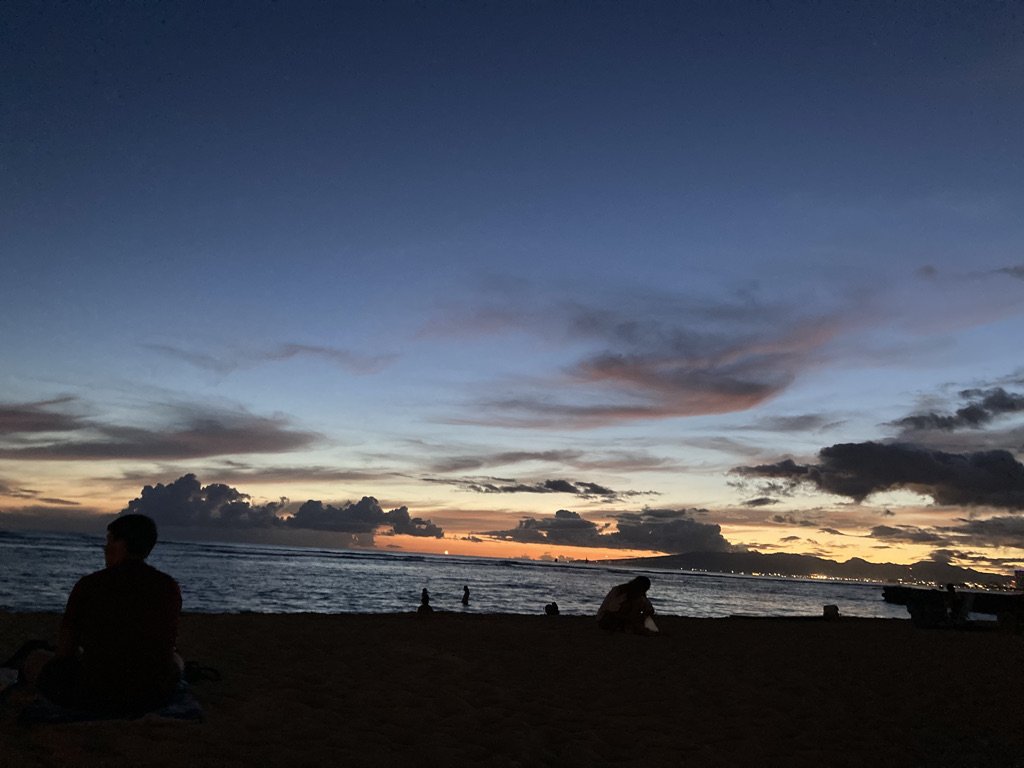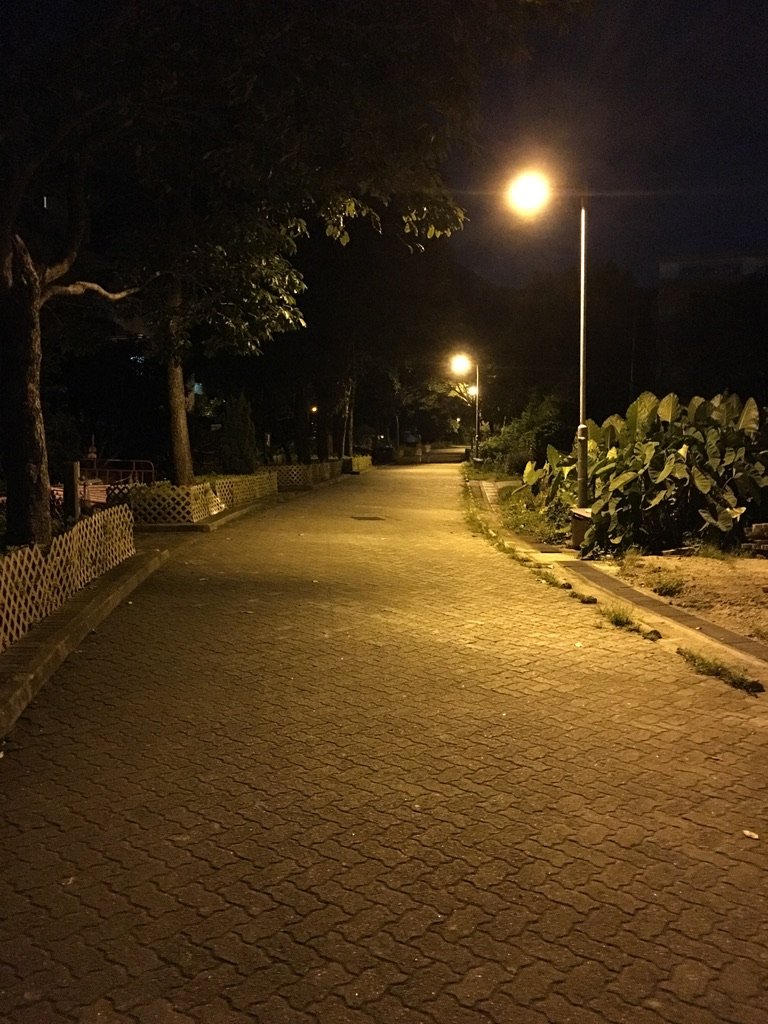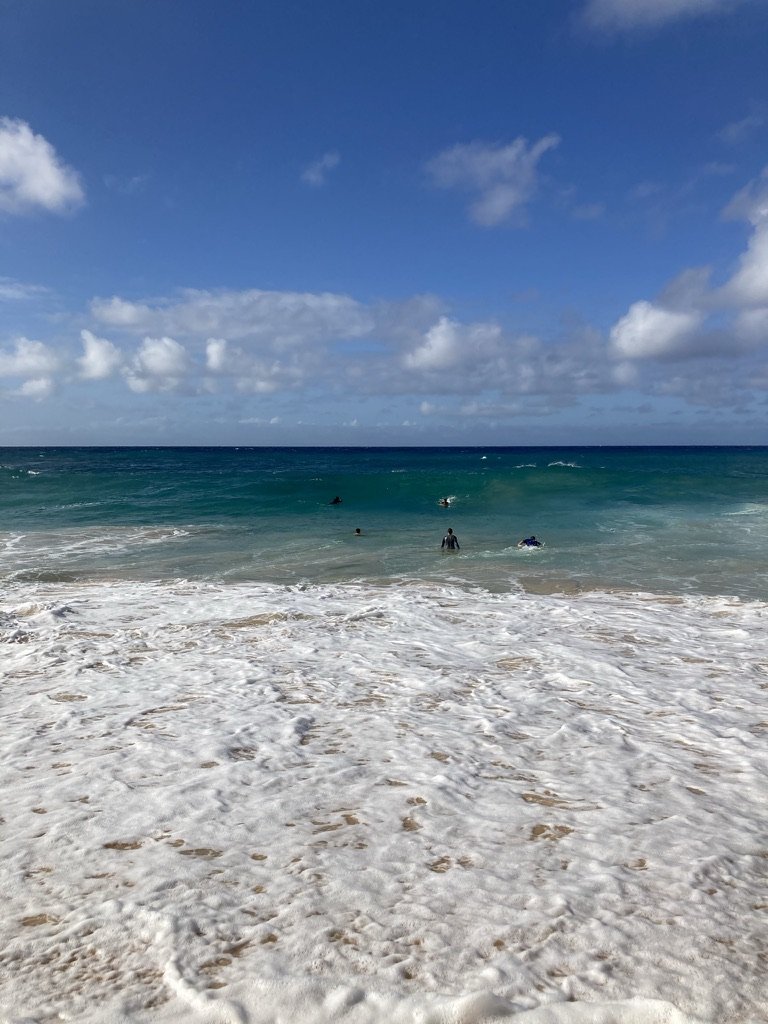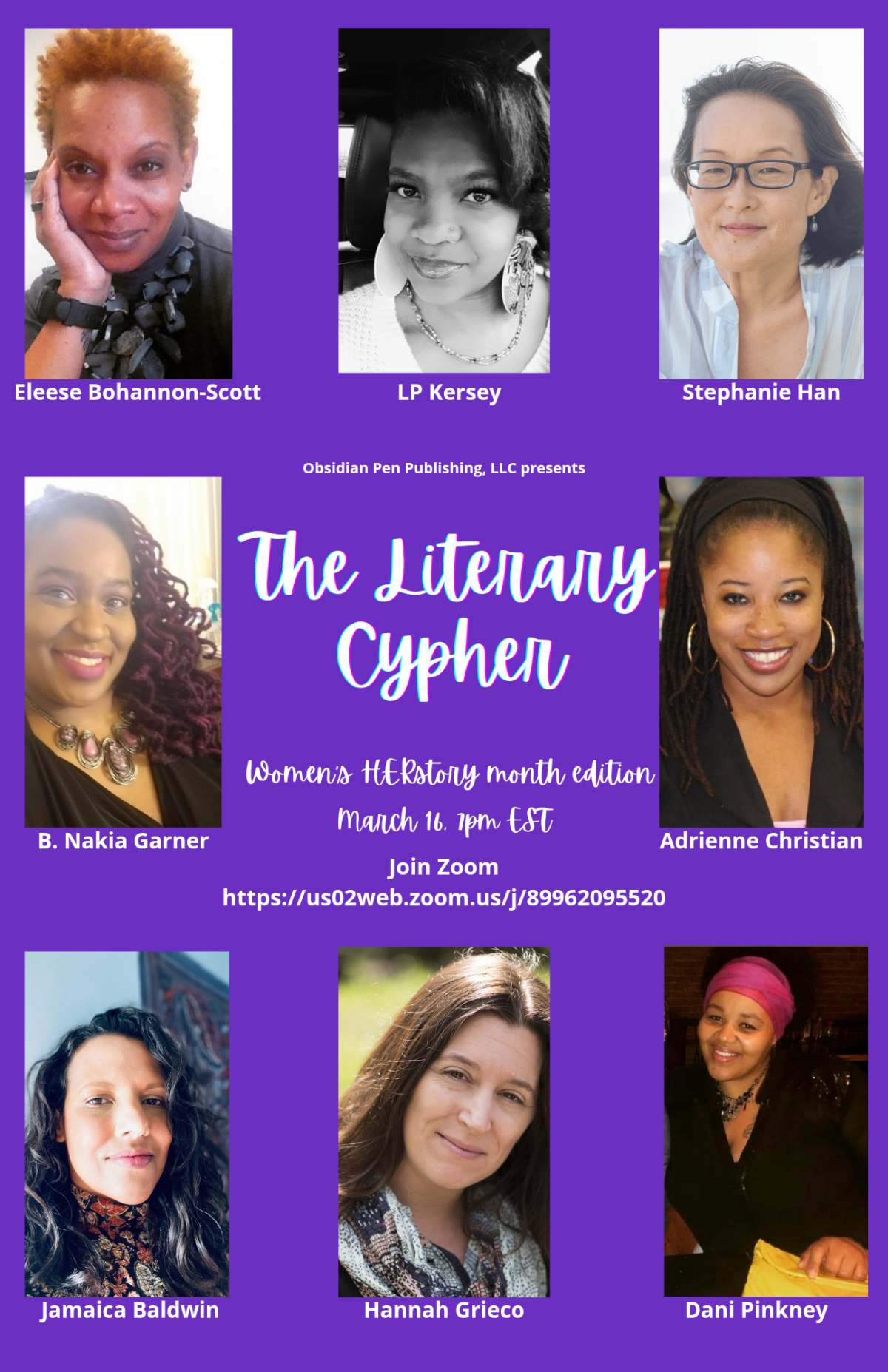This is Mui Wo at night. The path up to my former home. It’s wonderfully quiet and there’s a calm truth to being outside with the frogs and the darkness in utter safety. Forgotten. Lost. Present.
I always felt very out of place in Hong Kong, but I have concluded that this is the nature of the city, both historically and currently, as it is a population that has been shaped by the confluence of trade, politics, and capital. It’s about movement and rather abrupt in that if you are not from the city, it’s where you come to make a deal. I always found it rather humorous that expatriates would jabber on about how HK people were unmerciful and solely concerned with finance. But uh…everyone who was there, the expatriate community–they were there to make money. Very very few expatriates are there to immerse themselves in Cantonese culture or are interested in the native population other than the ways that they provide an avenue for the accumulation of their own personal wealth or well-being. Arguably, there are many cities like this, but the racial and social hierarchies are complex in this city. Not always, but it can be very “us and them.”
There’s the indigenous population, those that migrated from other parts of China, and those who were part and of the former British Empire–government officials, bankers, carpetbaggers, military, and explorers. Finally, there were those like me, a Korean American who ended up in Hong Kong purely by random chance, a default of a marriage to a Brit.
I was an expatriate, but not of Chinese descent, and not from the UK, nor the Commonwealth, so this made the dynamic quite different for me culturally.
A Commonwealth friend once excitedly exclaimed that there was an English speaking woman on the ferry, and in celebration of a new woman in town, there would be a get together welcoming her! There was even a gathering to greet the arrival of a Western white woman. This is when I realized the depth of the difference in the way I negotiated my existence as an expatriate of Asian descent. When you look like the majority of the population, even if you speak English, there are no Welcome Wagons for you. I thought that this must have been what life was like on the prairie in the 19th century. Like, oh the wagon is bringing out a woman from back Home etc… I know there are Korean Welcome Wagons, but personally, I have never experienced this type of thing because my identity has been so fluid. I hadn’t expected any Welcome Wagon, but I realized that life as an expatriate was different if you were not Asian and spoke English.
I remember my mom got a Welcome Wagon basket from a neighbor when we moved to Memphis. This was decades ago so my parents were integrating the white neighborhood and there was a lot of curiosity about them. I would be mortified because right when the conservative white Southern Baptist woman swung by, my mom would be there with the cleaver whacking on the cutting board with garlic rising and I could see the expression of the person’s face: “Oh my, what interesting new people…” Yes, they were different creatures in that space.
There’s a very old comedy Eddie Murphy Saturday Nite Live skit where he gets on the bus as a black/white person and the differing reactions. So often I’d hear the rantings of people’s derisive anti-Chinese comments and simply act like I didn’t understand English. I passed–hence what came to be the title of my poetry manuscript. In Asia, you have access to spaces if you are English speaking. The caste and color line become very nuanced and complicated. I had some tremendous opportunities that would not have been given to me had I been in the US. As an Asian face with lousy Asian language skills, my value was measured. If you don’t have Mandarin, given the politics of the place, it’s tough now for many, but some of the ways you move through society are personality-based.
I thought about being a different kind of species–Genus Mui Wo…I believe I was evolving into something else too, something I could not recognize. There are many ways that being out of your cultural milieu can challenge your value system, what you know about yourself, how you see the world. I was better and worse, potentially more extreme versions of who I am. This is a physical visceral sensation. My parasympathetic system was entirely out of whack. I was not feeling who I was within my former partnership, and also within my own relationship to myself. Who is the self? What is my species? How pedestrian am I? I move from being a creature of the sea to one of the sky. In a sense, this is also the story of earthly evolution. We are all from the sea and before that, the stars, and to this end we will return. Stardust.
And let’s face it, while I didn’t intend it deliberately as I wrote this piece, it touches on this idea: did you ever notice how the future is depicted in media? There are outer space creatures that have vaguely Asiatic features often featured in spandex LOL. The idea is HEY those people are MIGHTY WEIRD. Let’s uh, make them sci fi characters LOL. Because we can’t imagine them. They are perpetually Other and Foreign. As Takaki wrote, we are Strangers From a Different Shore. I think this has long been part of my awareness of difference–being treated like a different species…so there’s that.
The reference to Korea: I almost drowned in the mountains of Korea, outside of Seoul, when I was six. We were crossing a stream, my uncle who carried me slipped. A cousin grabbed me as I went under. I pulled my uncle’s hair. It took years of swimming lessons for me to learn how to swim, although once I did, I swam quite well. After the near drowning, I would sit on the shallow end of the pool on the stairs. I hated washing my face. I terrified of the water. My mother was from Hawai’i, and while she wasn’t a particularly good swimmer, (the Mom Swim: sunglasses on, face always above water lol) I was expected to swim.
After I could finally swim, she insisted I dive. I refused. I would jump over the swimming instructor’s arm, do anything to avoid being upside down. Undaunted, my mother hired the university diving coach. He took me by my feet, hung me upside down like a fish, and said on the count of three I would be dropped in. Splash! He did this several times, and again the next day, and after that–I could dive! I was 10 or 11. Thanks, Mom! Someday I’ll write about the rip tide which still leaves me with some anxiety, but that’s for later…
Reading this poem again, I recognize that I was fatigued, bored, frustrated, and exhausted by the marriage, but yes, I had the minnow, my small child, and so I stayed, as many do. I felt more dead than alive, but my child kept me going. I poured everything onto the page as there was nowhere else to leave it. You start to collapse into yourself. As a child I escaped by reading and writing. During the course of my marriage I read and write to escape amassing pages and degrees and doing whatever I could to avoid my physical reality.
All the while in Hong Kong, I could easily deconstruct how race and nation played out, but patriarchy was more difficult. I should say this was in specific to my own situation. When you are isolated emotionally you become inured to carelessness and cruelty and in the end, this is how and why you can become subject and vulnerable to abuse. In another cultural context too, one can become uncertain of the parameters and structures. Is this the story I know? Is this story playing out because I am in a different space? Where is the beginning and where is the ending? Existentialist type of questions.
I have a different kind of empathy now watching mothers with their small children if they are raising their children outside of their home culture. I can see all the anxiety, the concerns about doing what people are saying is best, but what, within your own culture doesn’t make sense.When you are not in your own milieu, your cultural values become uncertain and questioned. You must adapt–the question becomes what do you change, shift, and why?
I rewrote the ending of this piece many many times. But yes, I did grab that small hand and we ended up in Hawai’i–the ancestral home. Me and The Kid. Right across the street from where my family is buried.
Genus Mui Wo
Kick. Glide. An ageless alien floats.
Close eyes. Close eyes.
No tentacles, only gills, tales of tails.
To elude conscription
I snap skin from honey to olive,
declare citizenship,
nurse milk from stone,
scuttle over shallow water,
dodge mops. Hide. Seek.
Miscalculations of the moon stranded me.
Risks are for the hunt.
On and off the endangered species list,
experts argue: A bony beak.
Jelly lips. Feet trained to point.
I’m pedestrian,
a nylon-clad refugee,
swimming lap after lap.
Please, do not filet.
A diligent learner, I open jars, play puzzles.
Hostile conditions rendered me mute.
Survival, a testament to tenacity,
obedience, fear.
Plastic goggles squeeze eye sockets,
reveal loops ad infinitum.
***
I Almost Drown
DAY— KOREA — A MOUNTAIN CREEK.
We drive from the City. Two urban pale uncles hoist children on their shoulders, water skims chins. The sun flicks its light. Footholds missed! Kicks. Sputter. A strong arm. Saved by Cousin Ki-dong op-ah’s red and white inner tube. I am six. Shattered on the sandy river bank, twisted in bladderwrack, fish cheeks like pebbles, glassy eyes rimmed pink.
Years of failure, but Mother persists. This is not tennis! I butterfly, backstroke, breaststroke, freestyle, dive, hobble ashore with webbed feet. Beached, I weep for the sea.
fin
FADE TO BLACK
***
My nocturnal mate provides shelter,
hunts with a weapon to his ear.
A stomach x-ray reveals a corroded past.
A beast-baring teeth, he attacks seaweed strands,
black painted lines.
I watch the show in silence.
Dolphin hooped: I applaud on demand.
I long to disappear,
but a tiny one swims by my side.
I stay.
Open a book. Tumble into words.
When the minnow pedals the prehistoric cycle,
I’ll shrink to a cloud bite in the blackest tea.
Before my organs drown and stop,
I dream the sea parts my heart,
walk the collapse of blueberry night,
and lick death’s sweet.
I note my eye’s lemon light,
marvel at my downy skin,
flex my talons.
Ready for flight!
I leap to private myths—
cloud wrap a phoenix belief
from shredded wings,
grab a small hand,
clutch my heart,
instinct pressing me home.






 To continue this creative process explication of poetry and writing, I’ll be going through the poems I wrote and discussing the background a bit. This is really to show anyone interested in poetry how some poems are constructed. I’m not big on “oh it’s this magical thing…I wait and boom from the heavens, I feel words rushing through me”. If that’s you, more power to you, and that’s great. I get it. But I’m a teacher and believe that words can remake people’s lives. So I am going to break down the process a little so that anyone can try writing and not be intimidated by the creative process.
To continue this creative process explication of poetry and writing, I’ll be going through the poems I wrote and discussing the background a bit. This is really to show anyone interested in poetry how some poems are constructed. I’m not big on “oh it’s this magical thing…I wait and boom from the heavens, I feel words rushing through me”. If that’s you, more power to you, and that’s great. I get it. But I’m a teacher and believe that words can remake people’s lives. So I am going to break down the process a little so that anyone can try writing and not be intimidated by the creative process.